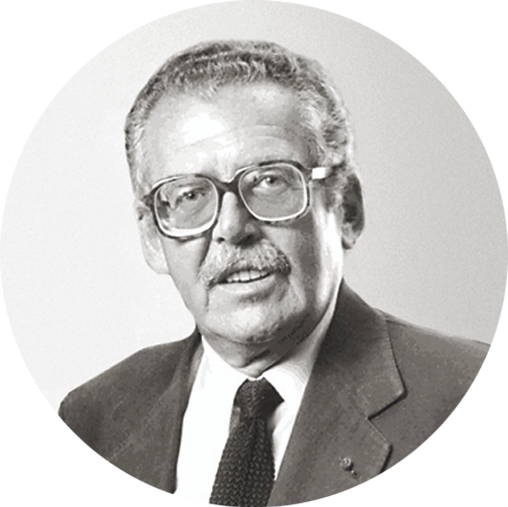I doubt whether anyone comparable to Baron Edmond de Rothschild can be found through-
out the Jewish people
140 years of pioneering spirit
From the end of the 19th century till today, the Rothschild family has been one of the pillars on which the Zionist vision and the State of Israel are based. The aspiration to establish and develop an advanced state – which will not only be the home of the Jewish people but will be a model for a moral and inclusive society – has been leading the family for 140 years, since Baron Abraham Benjamin Edmond James de Rothschild – “the Known Benefactor – Hanadiv” operated in the Land of Israel.
Hanadiv’s historical debut
His involvement in helping the Jewish moshavot in the Land of Israel began with a donation to the moshav of Rishon Letzion, which was about to be dismantled. Later, his philanthropic activities expanded and included purchasing land, economic development of the moshavot, and the establishment of an infrastructure for educational, health and other institutions. The nickname "The Known Benefactor - Hanadiv" stuck during his first years of activity because of his refusal to advertise his name as a generous donor.
Rothschild, motivated by philanthropic missions and religious faith, was first and foremost an idealist who dreamed of establishing a healthy, independent, productive and equal society in the Land of Israel. In his speech before the first settlers, he declared: "I have not come to your aid because of your poverty and suffering, as there are many cases of similar distress in the world; I have done this because I have seen in you the fulfillers of Israel's dream of resurrection and of the precious ideal of us all - the sacred goal of Israel's return to the homeland of its forefathers."
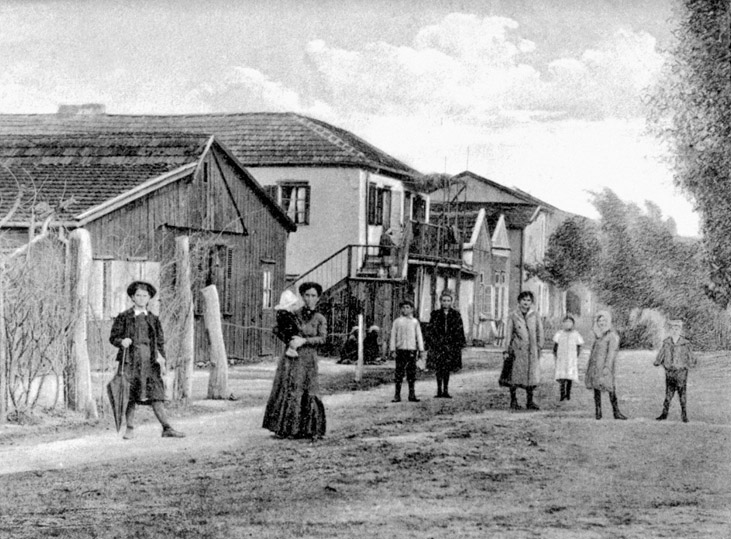
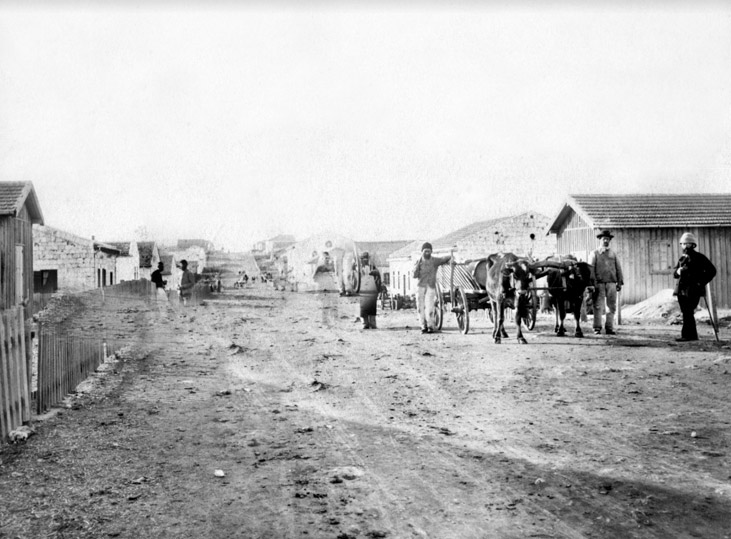
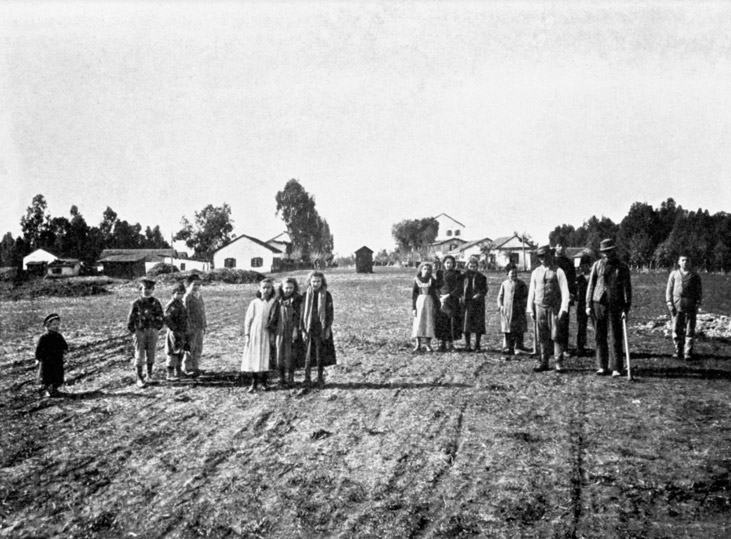
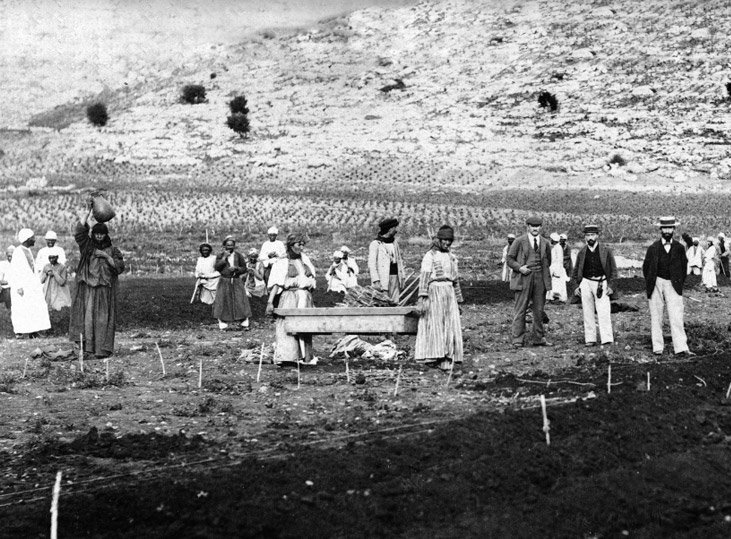
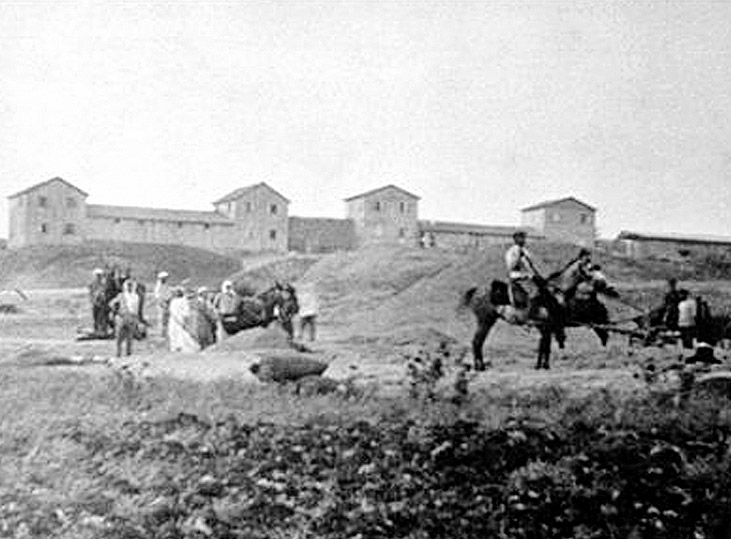
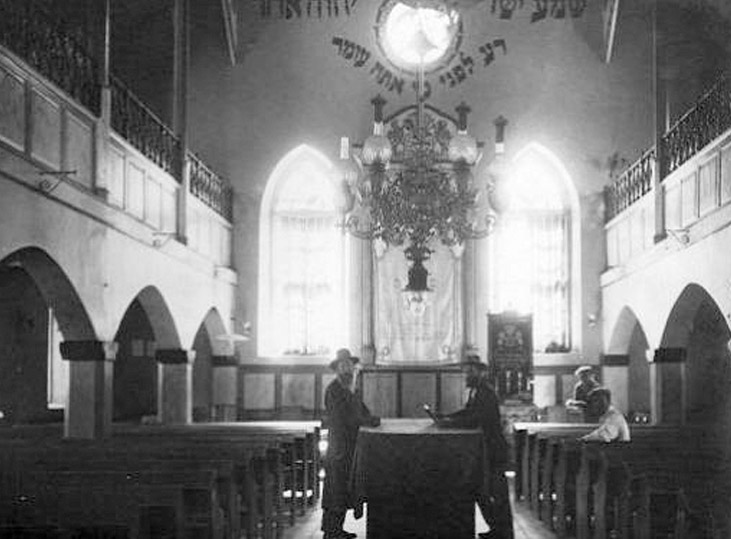
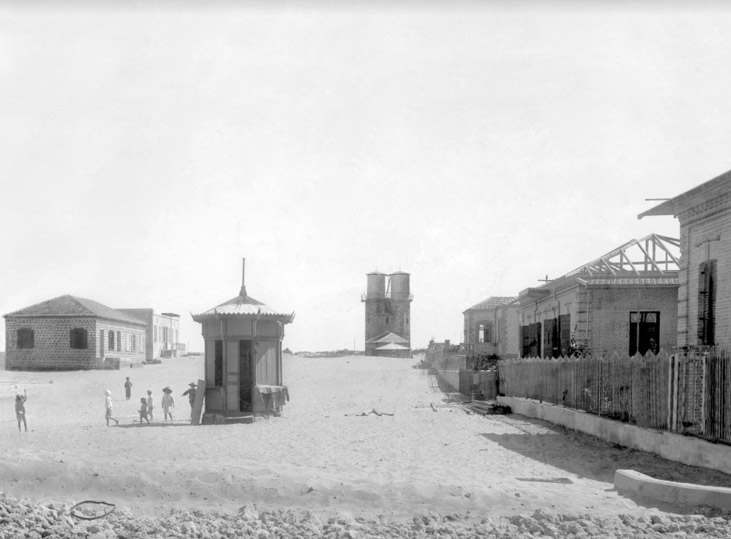
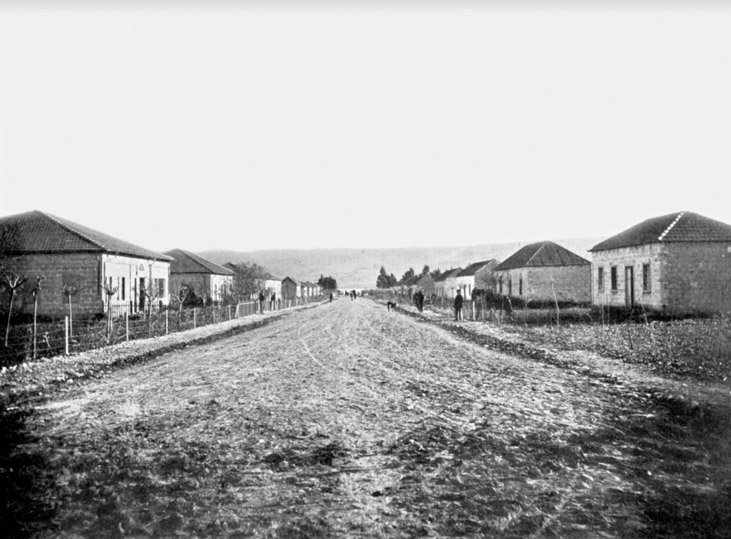
The Baron's travels to Palestine
During his subsequent visits to Israel, the last of which took place in 1925 when he was nearly 80 years old, Baron Rothschild also met with the leaders of the Yishuv and government representatives, examined the successes and achievements of the farmers in the moshavot, provided a response to difficulties and brought hope to the entire Jewish community.
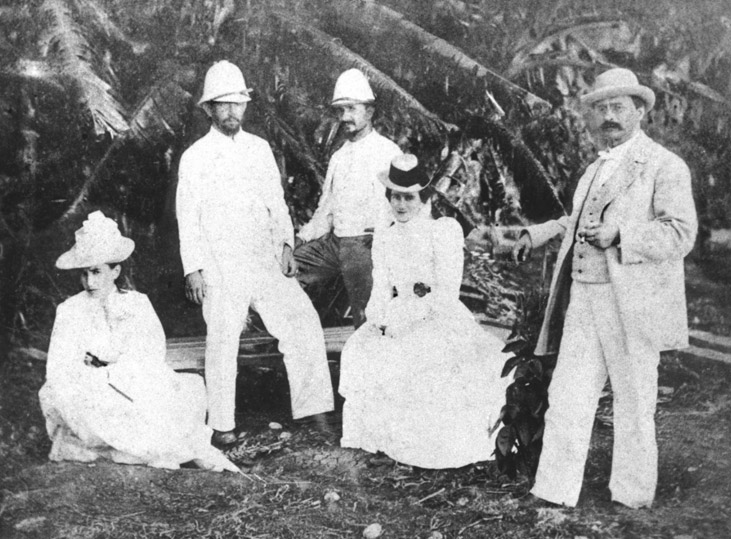
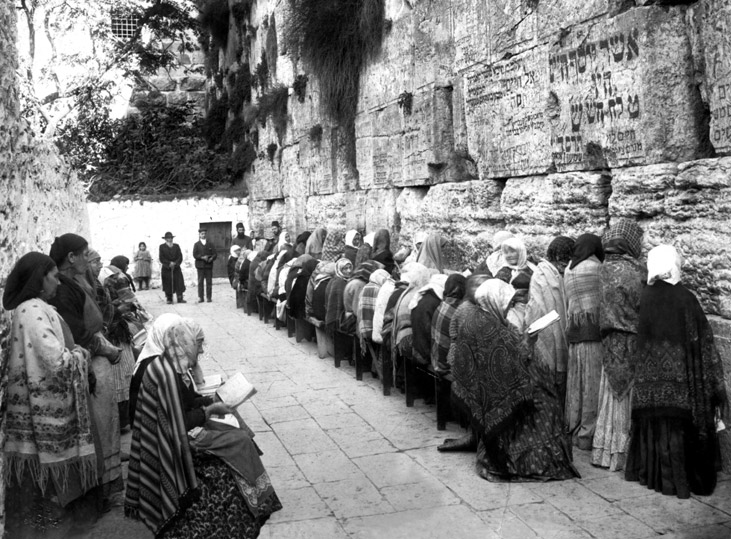
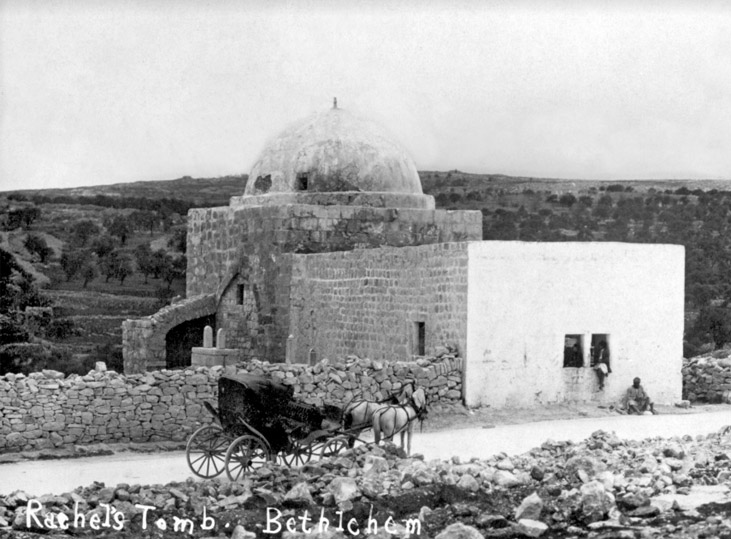
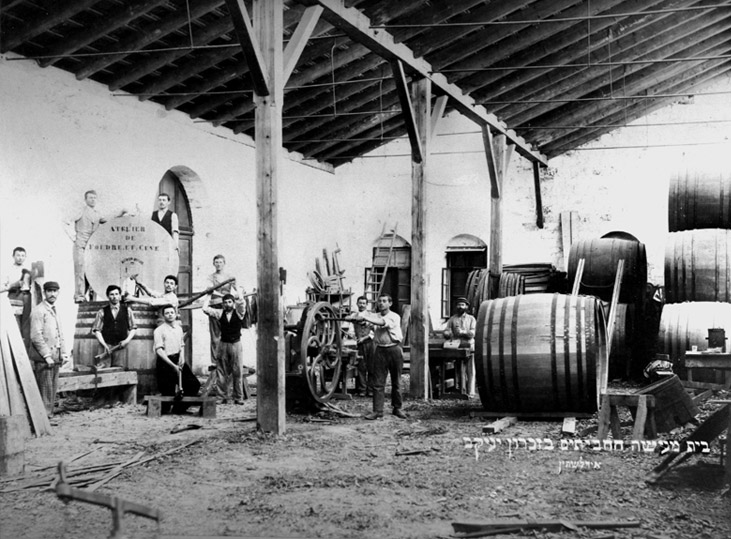
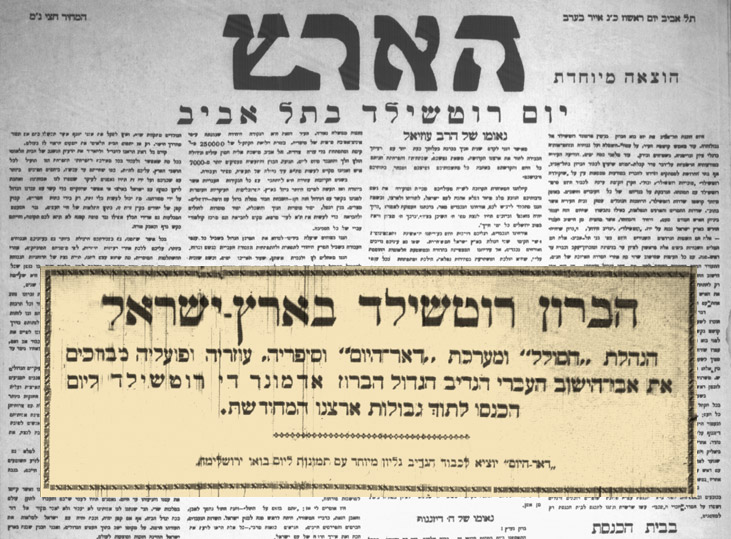
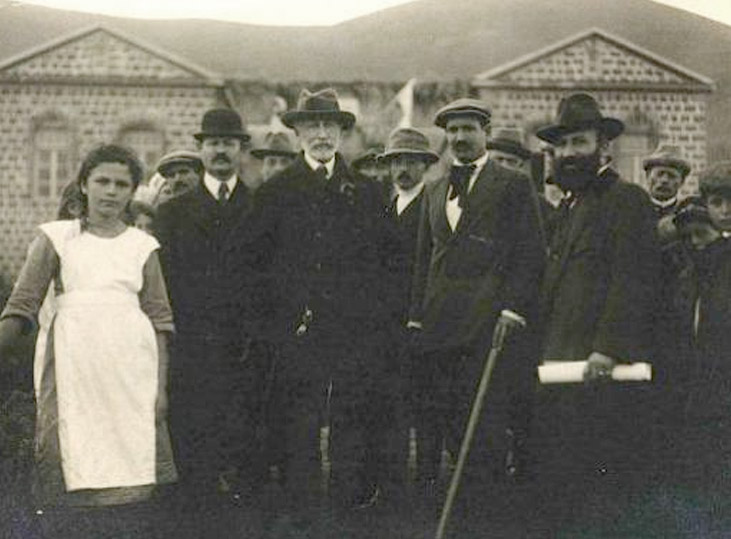
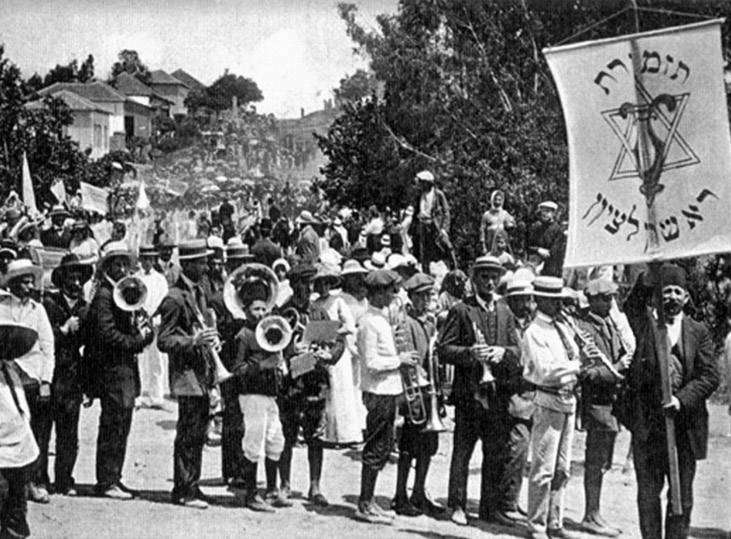
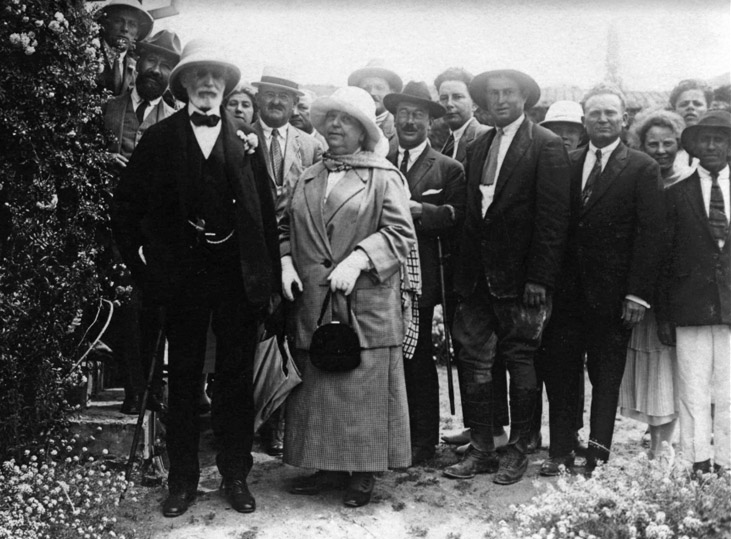
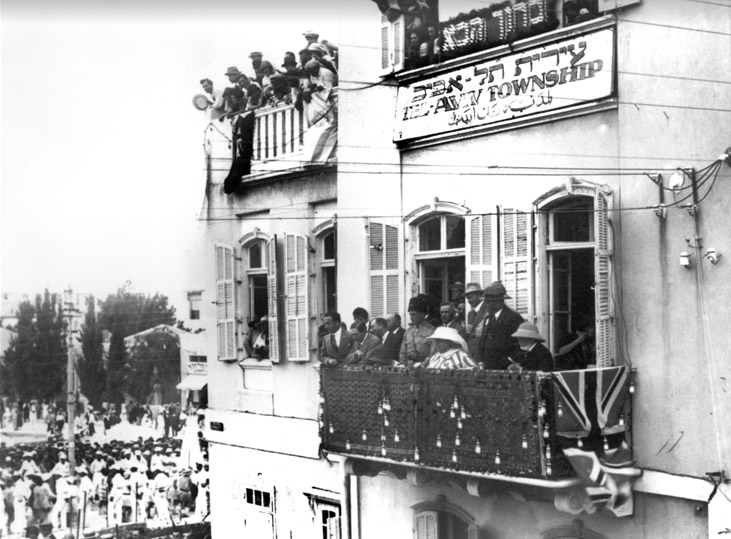
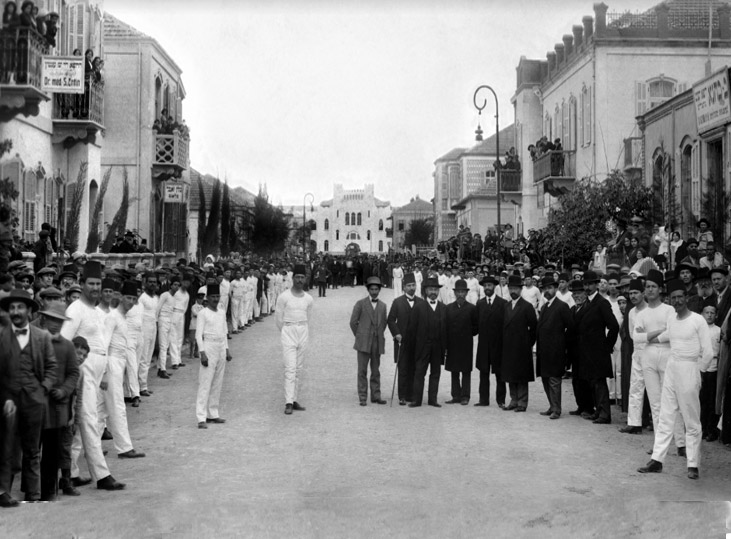
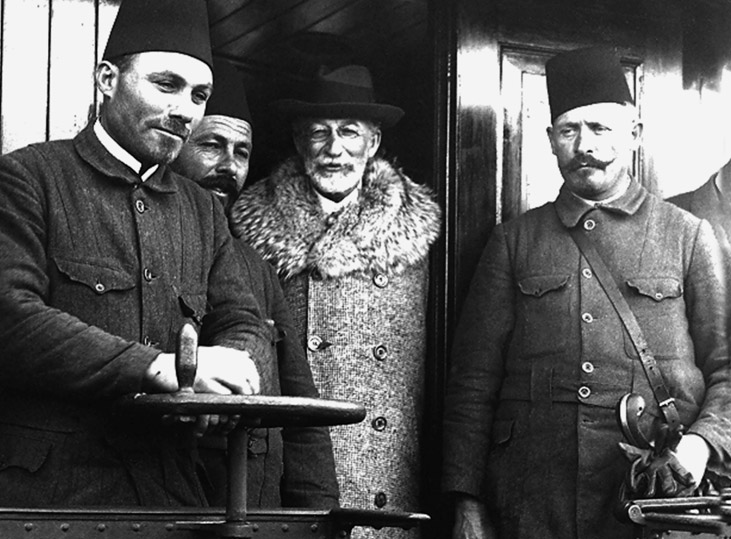
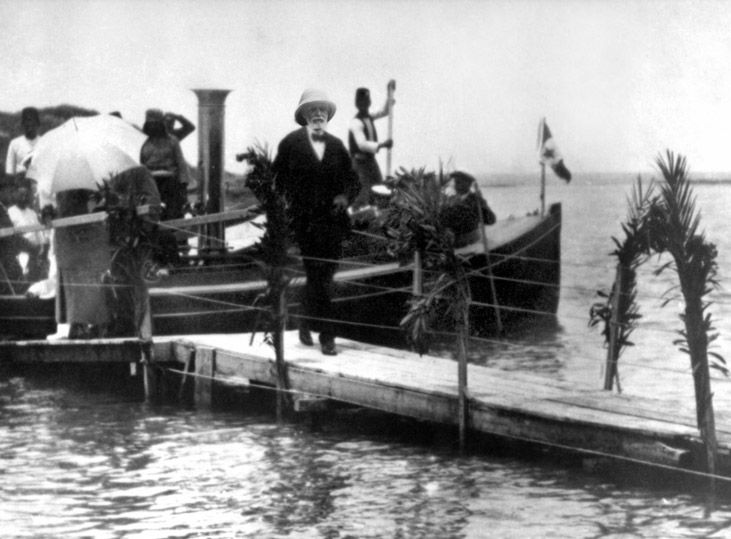
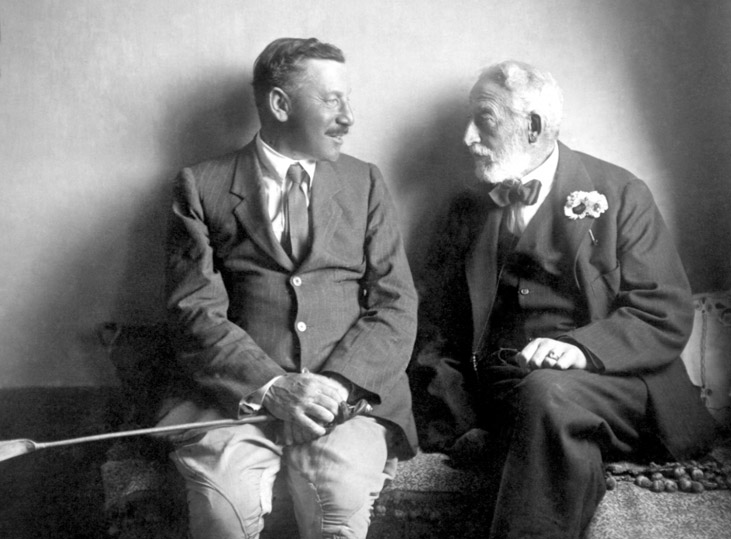
JCA – The Jewish Colonization Association
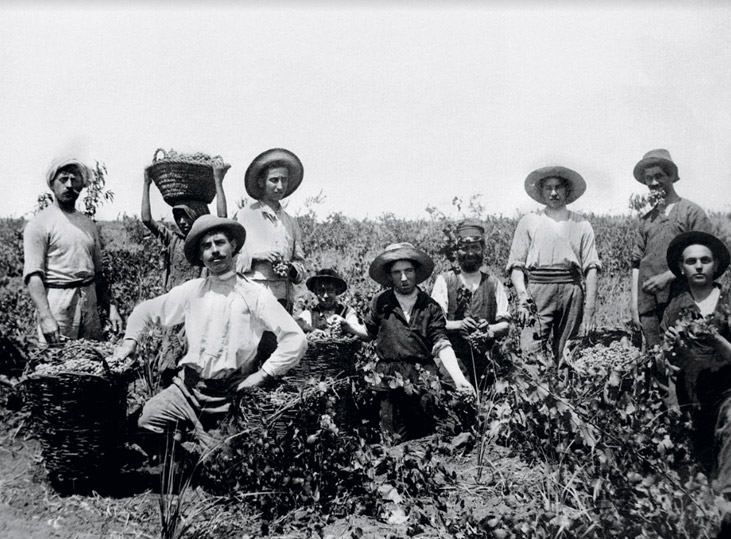
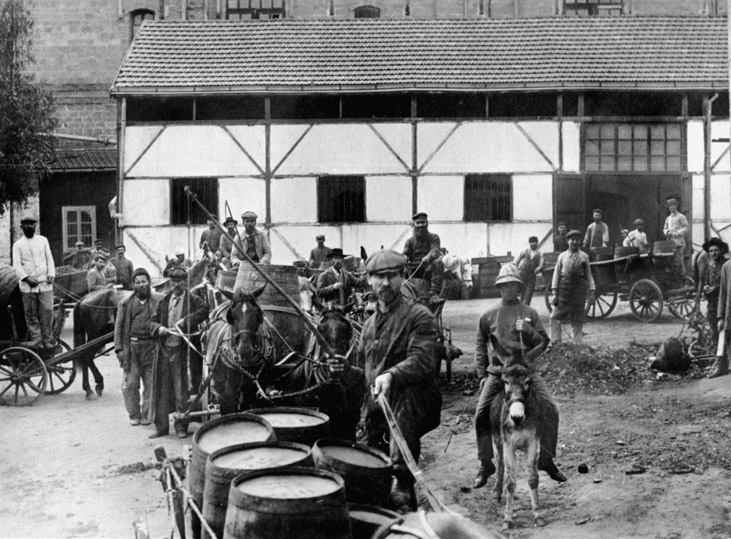
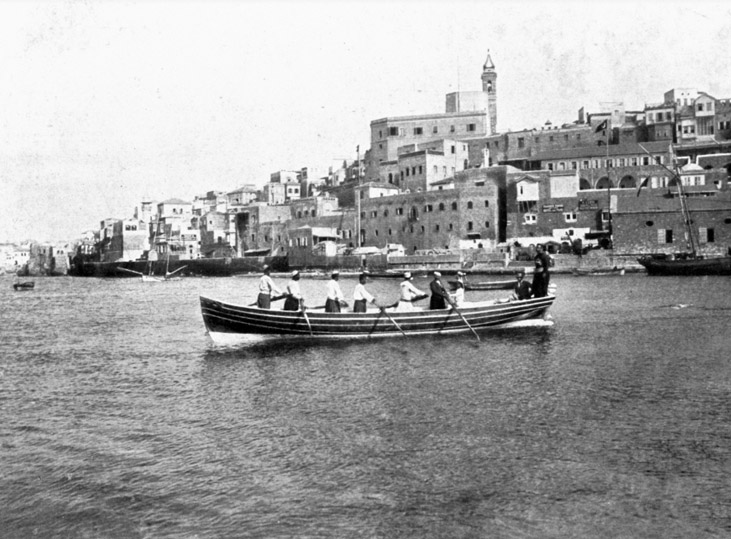
PICA – The Palestine Jewish Colonization Association
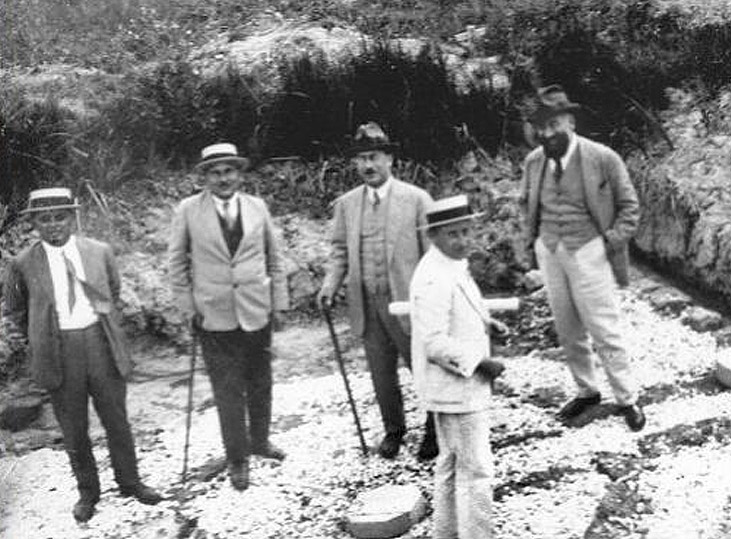
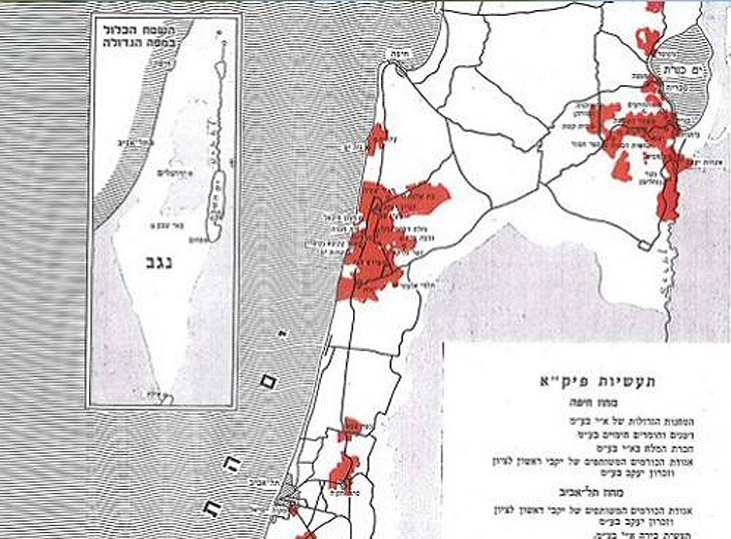
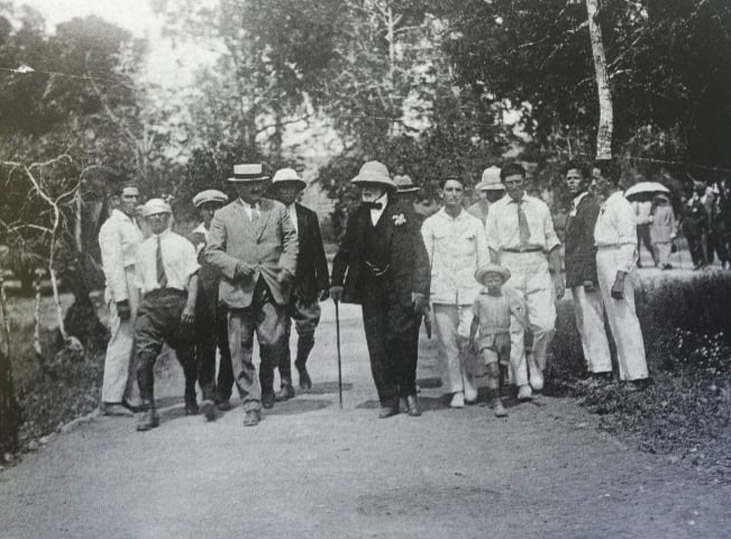
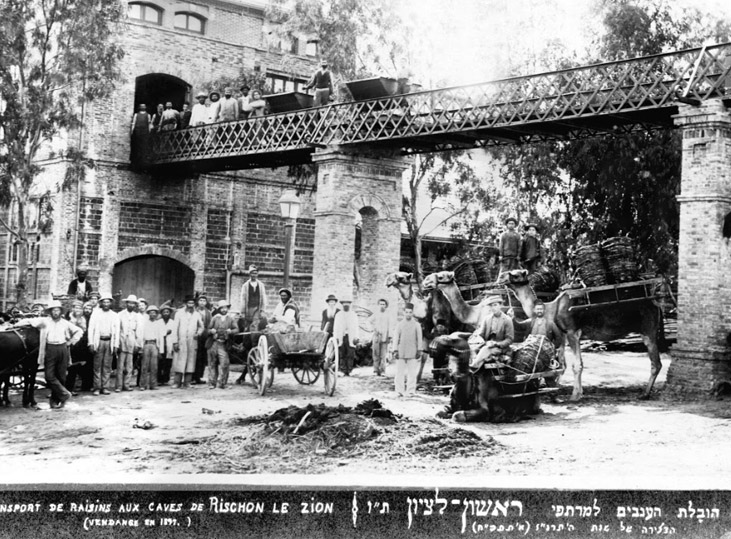
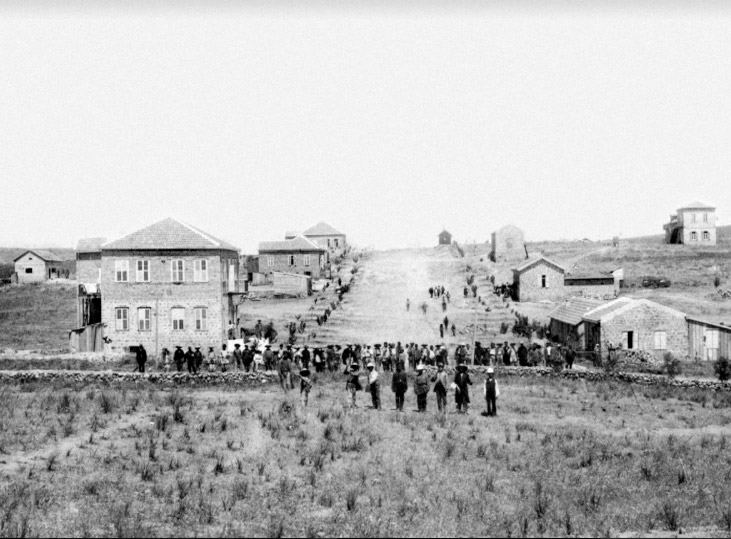
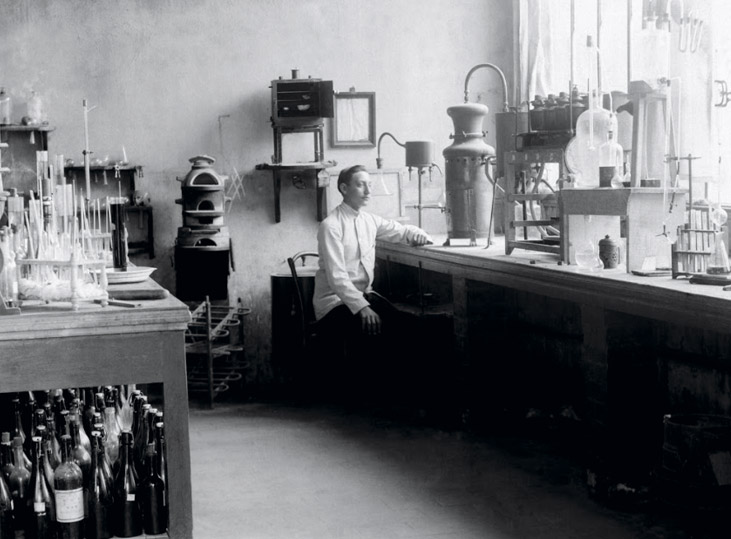
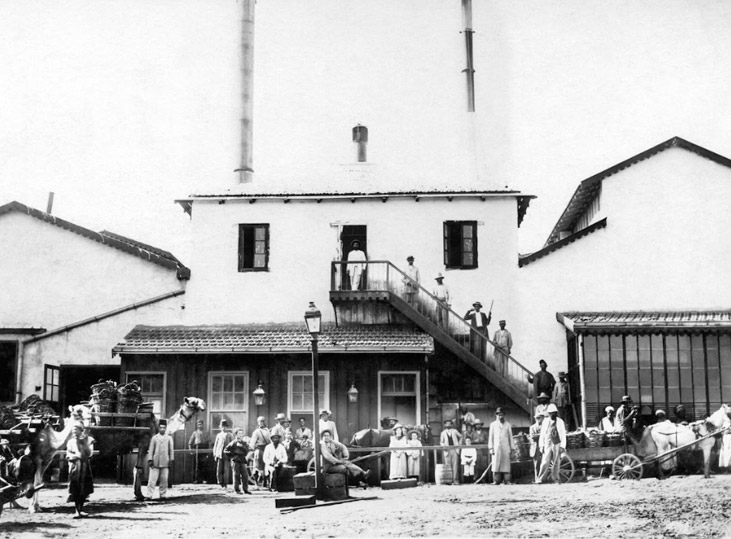
Hanadiv passes away
With the exception of a brief period during World War I, in which the Baron helped the Zionist institutions around the world, Baron Rothschild never ceased his involvement in and support of the moshavot until his death. Throughout his life, the Baron invested more than five million pounds in their development; he purchased some 500 square kilometers of land in the Land of Israel and established dozens of moshavot, factories, and wineries.

Eternal rest at Yad Hanadiv
On the day after his burial, the Knesset held a special memorial session in which Prime Minister Moshe Sharett delivered a long speech in memory of the benefactor. Sharett said: "He did not appear like a gracious person, but as a liberator - liberating the masses from their exile, and tracts of land from their desolation... He devoted not only his private fortune to an enterprise that was essentially national - he immersed himself and his soul in activity which he considered holy work."
Israel's first Prime minister, David Ben-Gurion, eulogized the Baron: "I doubt that in the entire history of the Jewish people in the Diaspora, a period of 2000 years, one can find a person who will compare to the wonderful image of the builder of the Jewish community in the modern homeland of our day, the image of Baron Edmond de Rothschild."
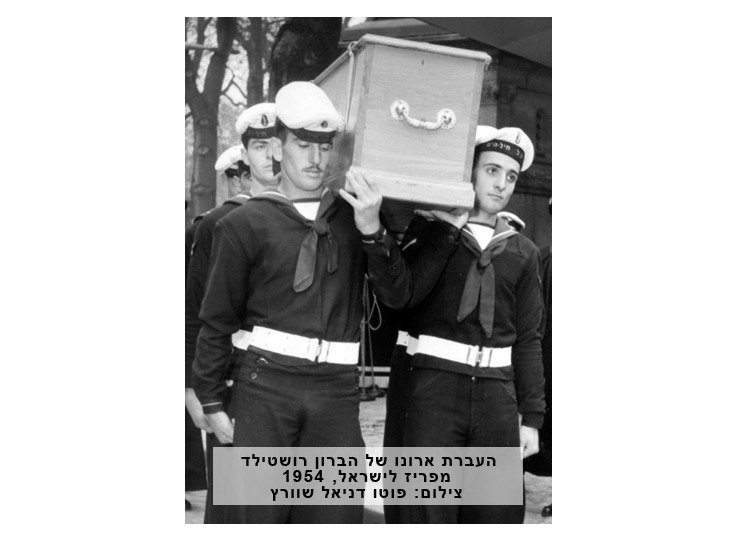
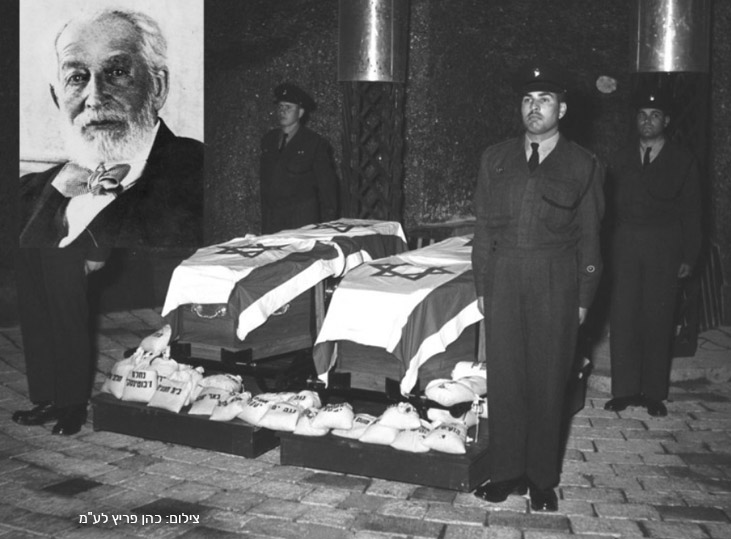
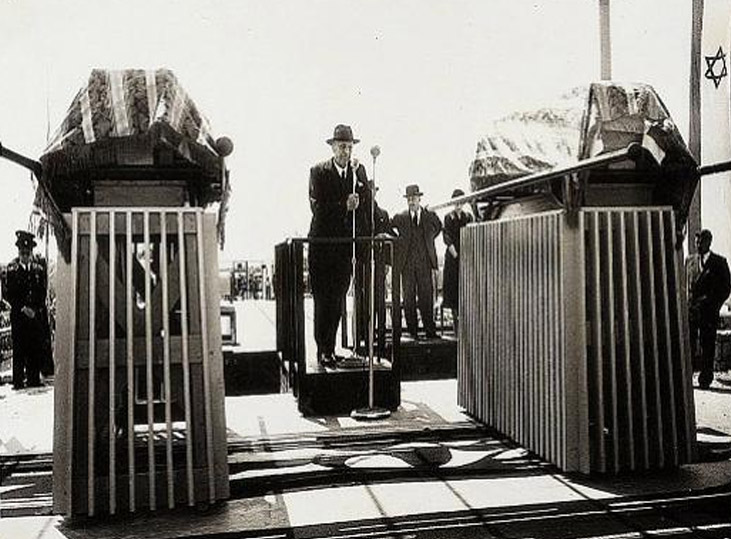
The Baron's grandson establishes the Foundation
The 500 square kilometers of land purchased by "Hanadiv" were donated by the family to the State of Israel upon its establishment. About a decade later, at the end of the 1950s, the family transferred the lands of Caesarea (some 30 square kilometers) to the Rothschild Caesarea Foundation and invited the state to be a partner in the Foundation.
Based on the unique activity model developed by the Foundation, all proceeds from the development of Caesarea are transferred from the Foundation's subsidiaries, including the Caesarea Development Corporation and the Caesarea Assets Corporation, to the philanthropic purposes on which the Foundation's activities are focused.
The Foundation works to create an inclusive society by promoting excellence, diversity and leadership, to drive social changes, reduce social gaps and foster new leadership through higher education.

A family heritage of philanthropy

Support for the Bezalel Academy
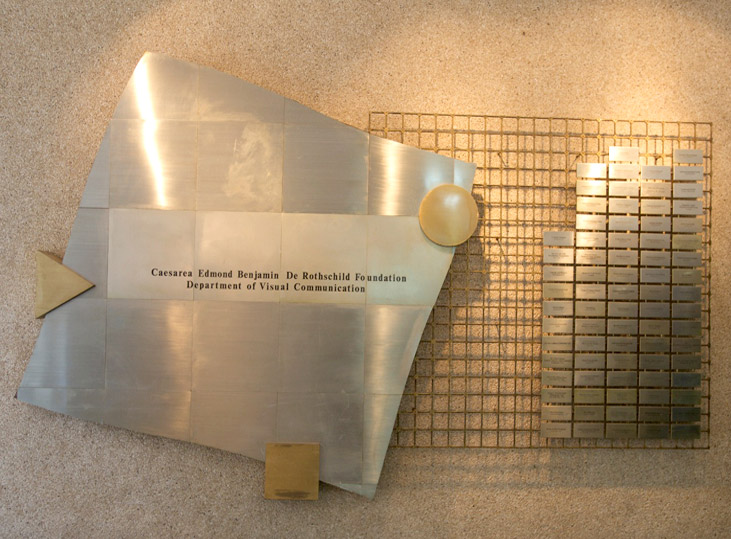
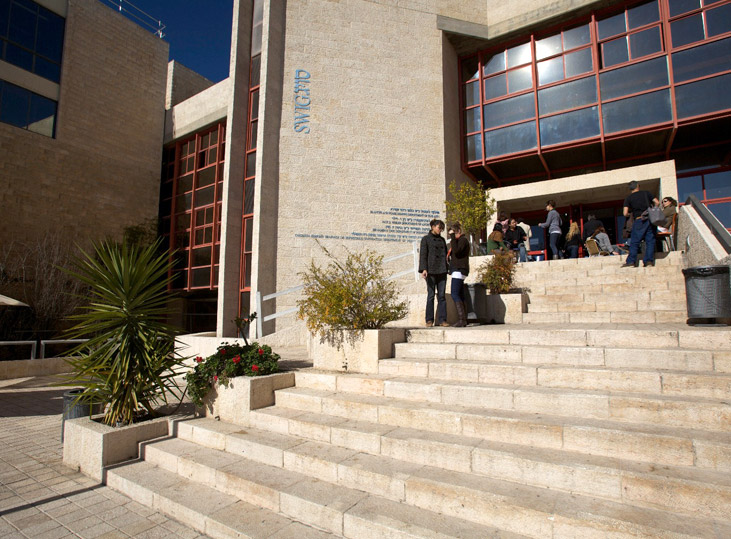
Development of the Holon Institute of Technology
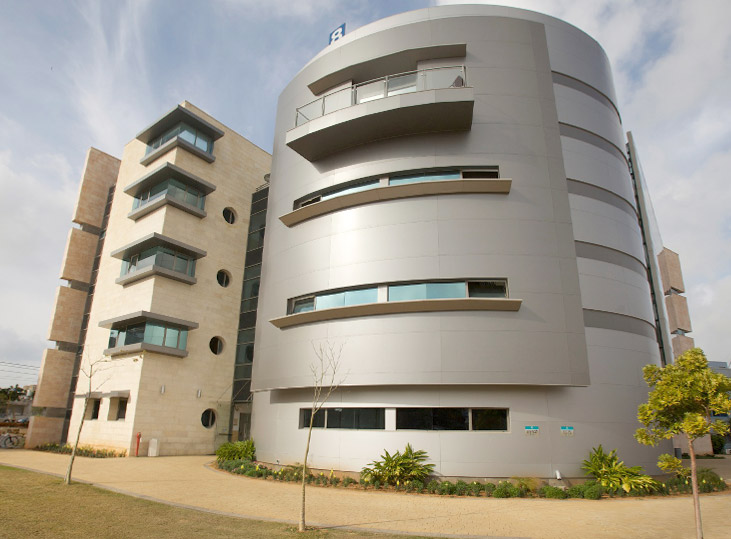
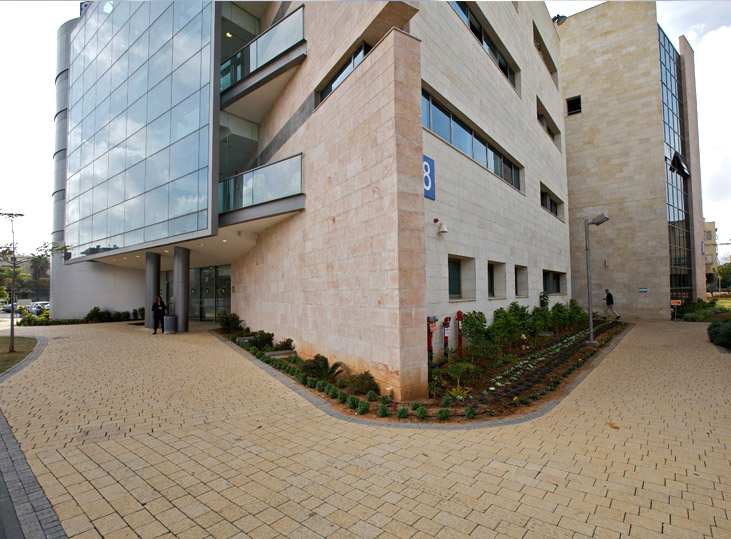
The Hall of Names inaugurated at Yad Vashem

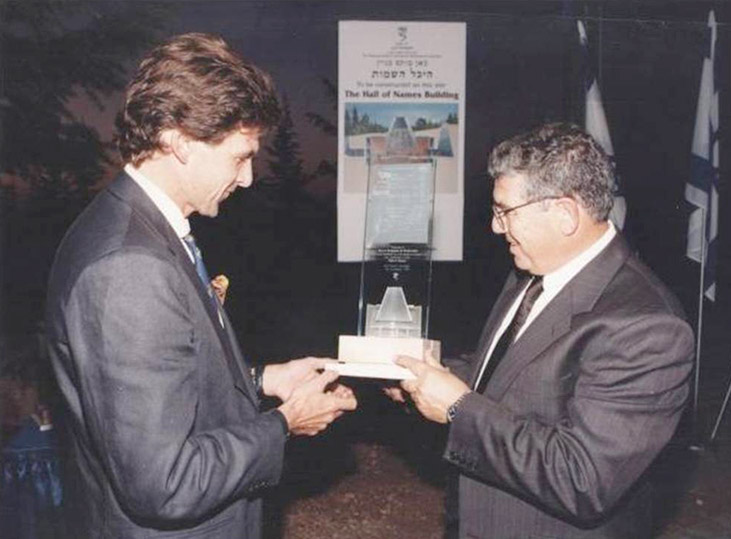
New programs initiated by the Foundation
Among the Foundation's programs are: the Rothschild-Weizmann Program for Excellence in Science Education (established in 2008); the Ariane de Rothschild Women’s Doctoral Program (2009); Rothschild Cube at Ben-Gurion University (2011); and the Israeli Hope Program in partnership with the Office of the President (2017).

Rothschild Ambassadors program established
The uniqueness of the BR Ambassadors program lies in the combination of knowledge, awareness, action and social leadership, and the process of personal, academic and employment development. The program operates in ten academic institutions throughout the country, continuing for three years alongside undergraduate studies, and entitles its graduates to a unique social-civic degree.
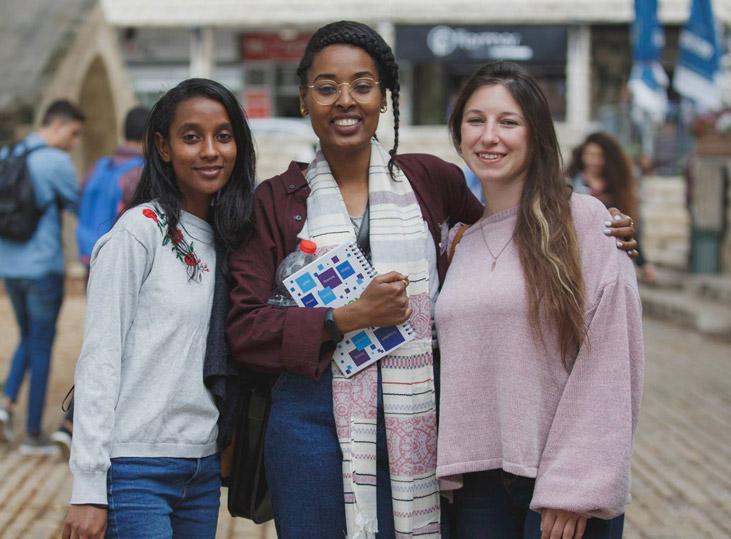
Israel’s first social impact bond
Impact Investments are designed to achieve a measurable social return, alongside economic return. The intervention program, initiated by the Aluma Association, aims to reduce the drop-out rate from higher education institutions - in the first stage from the computer science departments at the University of Haifa and the Tel Aviv-Jaffa Academic College, through three main components: scholastic assistance, economic assistance and personal assistance for students, most of them from Israel's social and geographic periphery.
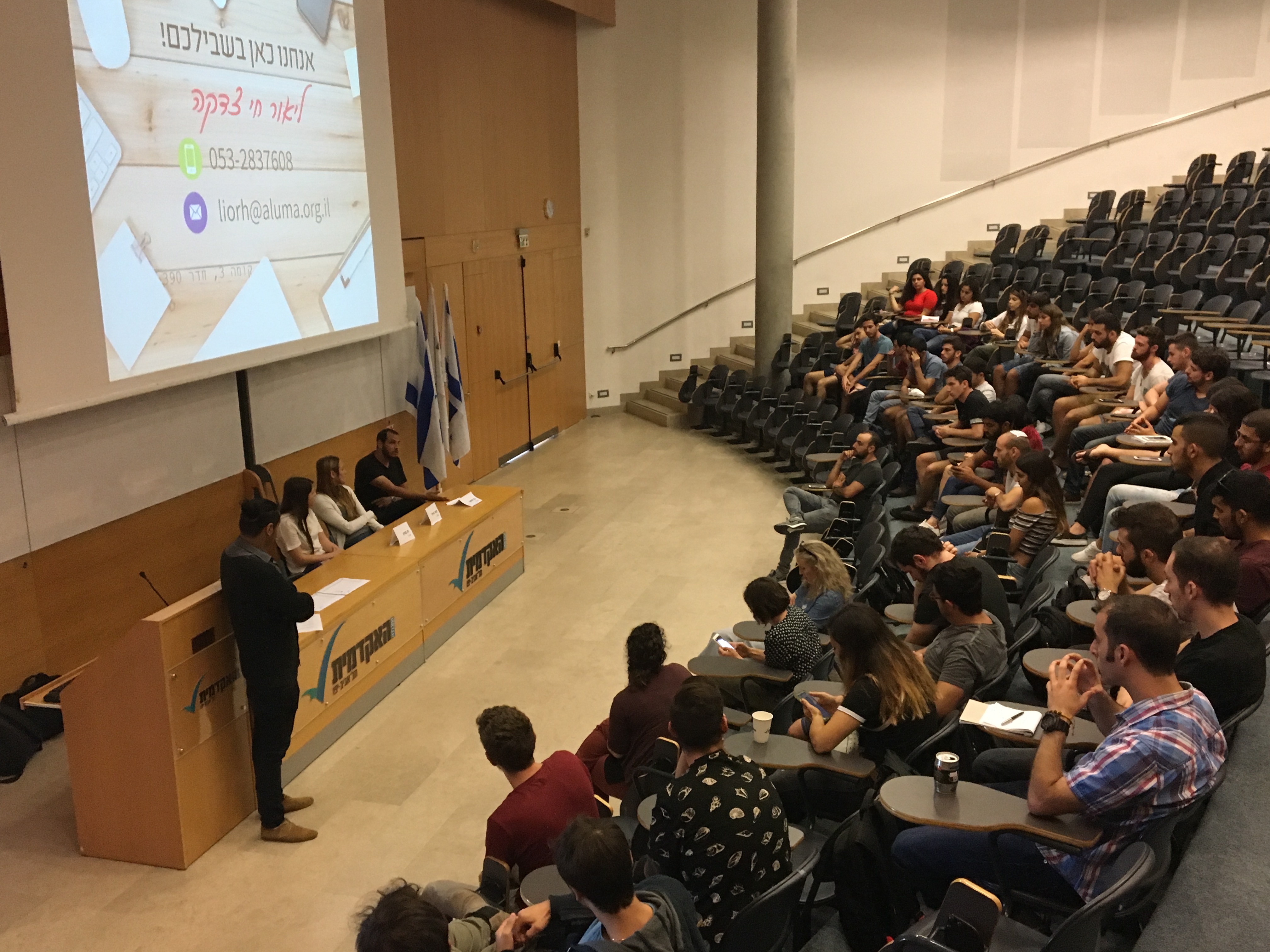
The Edmond de Rothschild Center established

Supporting Israeli society during the COVID-19 crisis
The Foundation provided emergency grants to Israel’s hospitals and to related medical research, worked to aid coping with the crisis in Arab society, provided targeted assistance to Foundation-supported nonprofit organizations, advanced significant actions vis-à-vis decision makers, and mobilized thousands of volunteers in its various programs, who initiated dozens of projects throughout Israel for the benefit of its society.
When the crisis broke out, the Foundation swiftly responded by donating NIS 50 million to increase the preparedness of Israel’s hospitals to contain the viral spread. The amount was distributed to 22 hospitals across the country, enabling their immediate readiness and purchase of emergency equipment. Provided with maximal flexibility, the Foundation supplied each hospital with an appropriate response. The Foundation also donated NIS 15 million to The Hebrew University of Jerusalem, in support of coronavirus vaccine research through antibody discovery and production. Furthermore, the Foundation established a local coronavirus emergency response center in Jisr-a-Zarqa.



Baron Benjamin de Rothschild passes away
The late Baron Benjamin stood out as a visionary entrepreneur, a renowned expert in the fields of financing and innovation, and an active philanthropist, who carried on the family’s legacy and contributed significantly to the strengthening of Israeli society. Throughout his diverse activities, Baron Benjamin de Rothschild continued to cultivate the Rothschild family’s generations-long heritage.
Under the leadership of Baron Benjamin and his wife, Baroness Ariane de Rothschild, the Edmond de Rothschild Foundation’s contributions to reduce gaps and promote excellence in Israeli society surpassed NIS 1 billion. In the past year, Baron Benjamin and Baroness Ariane de Rothschild stepped up to assist in the battle on the COVID-19 pandemic including through a donation of more than NIS 70 million by the Foundation, to fund research and the purchase of protective equipment for medical staff in hospitals across Israel.
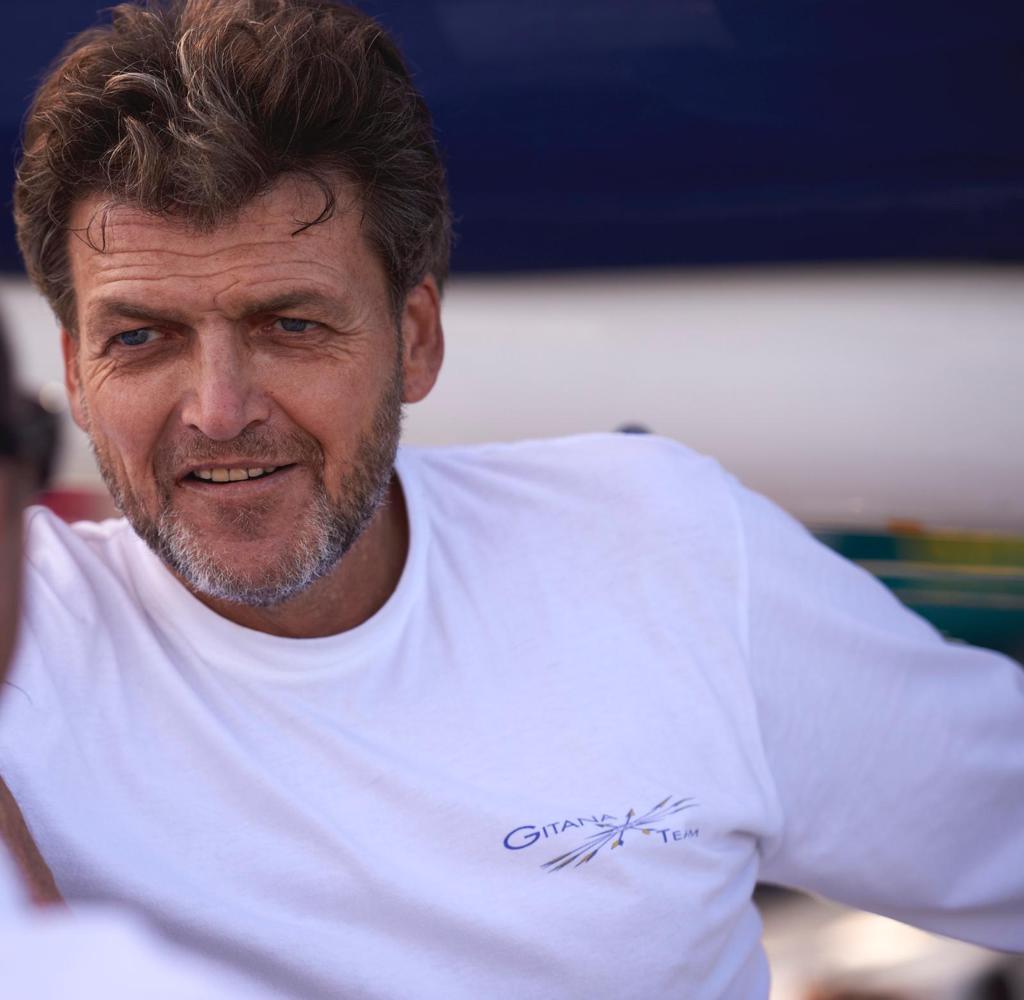
Launch of the Center for Higher Education and Employment, Established by the Edmond de Rothschild Foundation
Guided by a holistic and strategic concept, the center operates as a professional body that promotes policy and develops infrastructure in the field.

The Legacy of the Rothschild Family
The Edmond de Rothschild Foundation was founded by the Baron Edmond de Rothschild, grandson of “Hanadiv”. While his grandfather made his mark by purchasing land and settling it, Baron Edmond de Rothschild is remembered for his contributions to the industrialization of the Land of Israel and his generous donations to educational and cultural institutions.
As successor of his grandfather’s philanthropic path and spearhead of the family’s heritage, Baron Edmond de Rothschild founded the Edmond de Rothschild Foundation in the early 1960s and invited the state to be a partner. According to the unique activity model developed by the Foundation, all proceeds from the development of Caesarea are transferred from the Foundation’s subsidiaries – including the Caesarea Development Corporation and the Caesarea Assets Corporation- for philanthropic purposes on which the Foundation’s activities are focused.
Over the years, the family has stood at the forefront of the effort to nurture an inclusive and collaborative society in Israel, and this vision continues to thrive and be realized among the descendants and followers of “Hanadiv”. Since 1997, upon the passing of Baron Edmond de Rothschild, the Foundation’s assets and activities have been transferred to his son, Baron Benjamin de Rothschild. The Baron, along with his wife Baroness Ariane de Rothschild, are deeply committed to family heritage and lead the Foundation’s activities in Israel as part of the network of Edmond de Rothschild Foundations operating worldwide.
